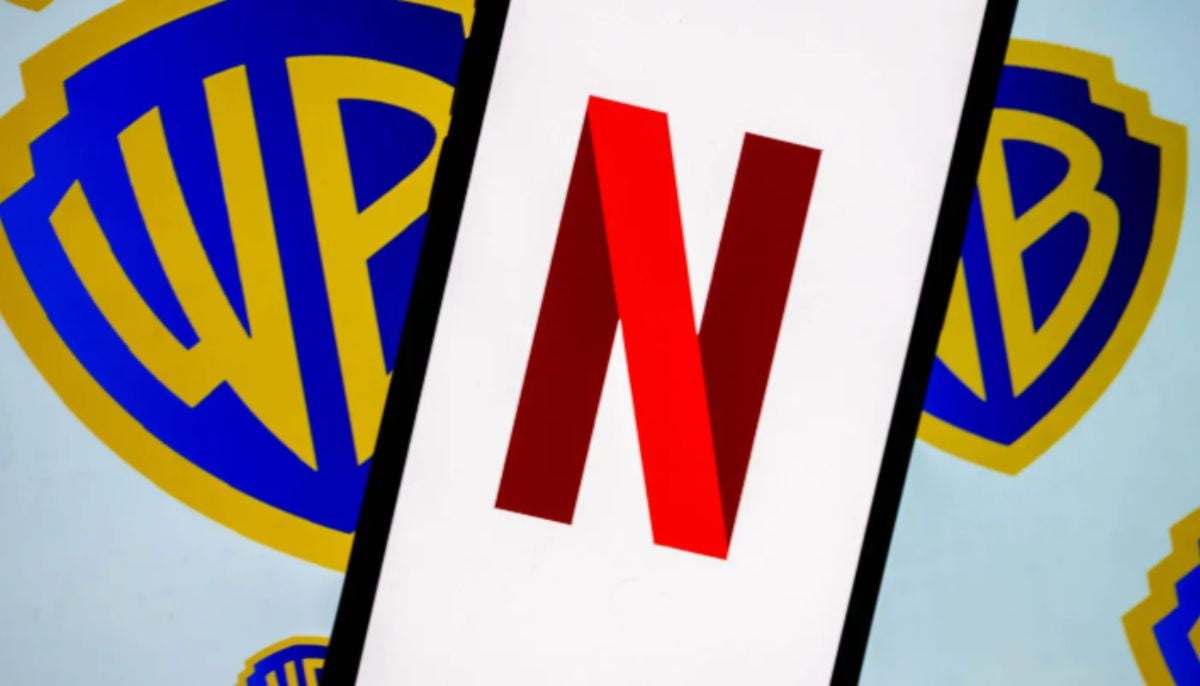Bloodbath at PSX as worsening political turbulence claims over 3,500 points
KSE-100 index fluctuates amid political tensions, recording a high of 99,819.59 and a low of 94,180.59
Stocks on Tuesday nosedived as Pakistan Tehreek-e-Insaf's (PTI) 'do-or-die' protest march in Islamabad turned violent, panicking high-strung local and foreign investors into shedding risky assets, resulting in a bloodbath.
The day’s trading began with turbulence, driven by apprehensions over escalating protests that saw thousands of PTI supporters defying government barricades to press for political and constitutional demands.
At close, the Pakistan Stock Exchange's (PSX) benchmark KSE-100 Shares Index slumped to 94,574.16, down 3505.62 points, or -3.57%, from the previous close, marking its worst single-day decline.
Early losses reflected unease about the protests’ potential to disrupt economic stability, though some of the damage was mitigated later in the session as the market stabilised.
The Pakistan Stock Exchange’s (PSX) benchmark index fluctuated within a range, recording a high of 99,819.59 and a low of 94,180.59, reflecting the cautious stance of market participants. At the opening, the index failed to sustain its earlier gains, retreating below Monday’s close of 98,079.78 points.
The ongoing political unrest, fuelled by Pakistan Tehreek-e-Insaf’s (PTI) "do-or-die" protest, continues to cast a shadow over the capital market.
Explaining the decline, Ahsan Mehanti, Managing Director and CEO of Arif Habib Commodities, said: “Stocks remained bearish due to political uncertainty and concerns over foreign outflows."
He added that PTI protests in the capital, consolidation amid the PSX futures contracts' rollover, and weak global crude oil prices led to the bearish spell.
Thousands of PTI supporters, defying barricades and government restrictions, have marched on Islamabad, demanding the release of political prisoners, the reversal of the 26th Constitutional Amendment, and the restoration of their alleged "stolen mandate."
The protests have sparked heightened volatility, with investors adopting a wait-and-see approach.
Topline Securities in a post-close note attributed this steep drop to mounting political uncertainty triggered by PTI's march towards Islamabad, which rattled investor confidence significantly.
"Adding to the turmoil, the State Bank of Pakistan's removal of the Minimum Deposit Rate on conventional banks for companies, coupled with its mandate for Islamic banks to pay at least 75% of the weighted average gross yield on Pakistani rupee savings deposits, further unsettled investors," the brokerage report said.
Major Islamic banks, including Meezan Bank Limited (MEBL), Faysal Bank Limited (FABL), and BankIslami Pakistan Limited (BIPL), hit their lower price limits with a 10% decline.
Negative contributions from MEBL, Fauji Fertilizer Company Limited (FFC), Oil and Gas Development Company Limited (OGDC), Pakistan Petroleum Limited (PPL), and Hub Power Company Limited (HUBC) collectively dragged the index down by 1,385 points.
However, some relief came from Habib Bank Limited (HBL), Habib Metropolitan Bank Limited (HMB), Bank AL Habib Limited (BAHL), and Bank Alfalah Limited (BAFL), which together added 282 points, softening the impact.
Despite the selloff, trading activity remained robust, with a volume of 1,113 million shares and a turnover of Rs 43 billion. K-Electric Limited (KEL) led the volume charts, recording 101 million shares traded during the session.
On Monday, the market experienced a rollercoaster session, recording an intraday high of 99,317.47 points before retreating to close at 98,079.78 points, gaining 281.55 points, or 0.29%.
While strong macroeconomic fundamentals and positive corporate earnings provided some relief, political jitters limited the gains.
-
Bitwise Crypto Industry innovators ETF: What investors should do in 2026?
-
Nintendo shares slide again as momentum fears grow
-
Gold, silver prices fallen sharply; What’s driving the drop?
-
Gold’s record climb: Experts question if its safety is ‘overstated’
-
Dubai unveils plans to construct street built with real gold
-
Netflix slams Paramount’s bid: 'Doesn't pass sniff test’ as Warner battle escalates
-
Ubisoft: Shares plunge amid restructuring plan and wave of games cancellations
-
Netflix revises Warner Bros. deal to $83 billion: All-cash offer












